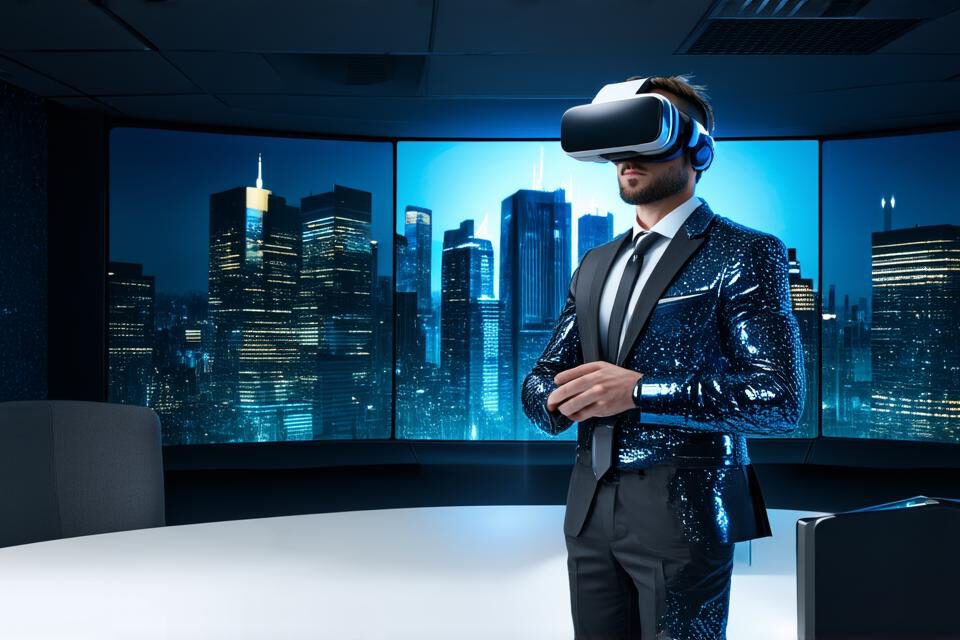What is Unity Virtual Reality and how can it benefit your business?

Businesses have been using virtual reality (VR) technology for various purposes, including gaming, education, healthcare, and business. Unity, a cross-platform game engine that also supports VR development, is one of the most widely used VR platforms.
What is Unity Virtual Reality?
Unity virtual reality (VR) is a software platform that allows developers to create immersive VR experiences for various devices, including smartphones, tablets, desktops, and VR headsets. The platform includes a range of tools and features that make it easy for developers to create 3D models, animations, and interactive environments.
Unity virtual reality also supports social VR experiences, allowing multiple users to interact with each other in a shared virtual environment. This feature is particularly useful for businesses that want to provide collaborative training or team-building activities.
How Unity Virtual Reality Can Benefit Your Business
There are several ways that Unity virtual reality can benefit your business. Here are some of the most significant advantages:
- Improved Customer Engagement
Unity virtual reality provides an opportunity for businesses to create highly engaging experiences that captivate their customers. By immersing customers in a virtual world, businesses can provide them with a more personalized and interactive experience that they will remember long after they have left the physical store or website.
For example, a furniture retailer could use Unity virtual reality to allow customers to visualize how a particular piece of furniture would look in their home before making a purchase. This not only improves customer satisfaction but also reduces the number of returns.2. Training and Education
Unity virtual reality can be used for training and education purposes, allowing businesses to create immersive simulations that provide employees with hands-on experience in a safe and controlled environment. For example, a medical student could use Unity virtual reality to practice surgical procedures without risking patient safety.
3. Collaboration and Team Building
Unity virtual reality supports social VR experiences, allowing multiple users to interact with each other in a shared virtual environment. This feature is particularly useful for businesses that want to provide collaborative training or team-building activities. For example, a software development company could use Unity virtual reality to allow their employees to work together on a project in real-time, even if they are located in different parts of the world.
4. Cost Savings
Using Unity virtual reality for training and education can help businesses save money by reducing the need for expensive equipment and resources. For example, instead of purchasing a surgical simulator, a medical student could use Unity virtual reality to practice procedures on a virtual patient at a fraction of the cost.
5. Increased Productivity
Unity virtual reality can be used to create simulations that allow employees to practice tasks in a more efficient and effective way, leading to increased productivity. For example, a construction company could use Unity virtual reality to train their workers on how to use heavy machinery, reducing the